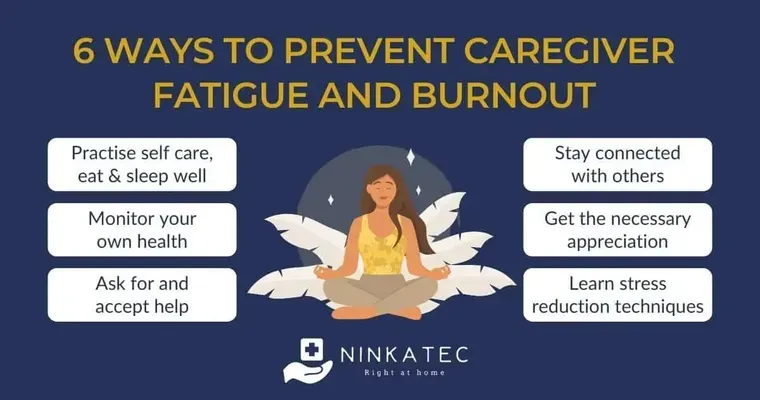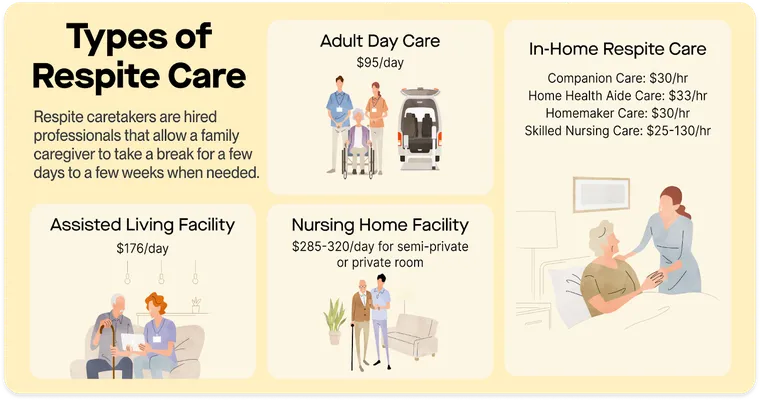
Selected reviews about elderly care communities
Selected reviews about elderly care communities offer valuable insights into the experiences of residents and their families. These reviews can highlight the strengths and weaknesses of different communities, helping you make an informed decision when choosing the right care for your loved one.

Update to ‘In Deep. Swimming To Shore’.
The update to "In Deep. Swimming To Shore" introduces new themes and character developments, enhancing the narrative's emotional depth. Readers can expect fresh insights into the protagonist's journey, reflecting on resilience and transformation. This revised edition aims to resonate more profoundly with audiences, offering a renewed exploration of hope and self-discovery.

Understanding the Pros and Cons of Reverse Mortgages for Seniors
Reverse mortgages can provide seniors with access to funds by leveraging home equity, offering financial flexibility in retirement. However, they may also reduce inheritance for heirs and come with fees and interest that accumulate over time. It's essential for seniors to weigh these factors carefully before deciding.

How Reverse Mortgages Affect Medicaid
Reverse mortgages can impact Medicaid eligibility by counting the home equity as an asset. While the funds from a reverse mortgage are generally not considered income, they might affect financial thresholds for Medicaid. It's crucial to understand how these loans influence overall financial planning and potential long-term care options.

The Ins and Outs of a Reverse Mortgage Loan: Is It Right for You?
A reverse mortgage loan allows homeowners, typically seniors, to convert their home equity into cash without selling their property. This financial option can provide additional income for retirement, but it comes with risks and responsibilities. Understanding the benefits and drawbacks is crucial in determining if it suits individual financial needs.

Using a Reverse Mortgage Loan to Age in Place
A reverse mortgage loan allows homeowners aged 62 and older to tap into their home equity, providing funds to cover living expenses and healthcare costs. This financial tool enables seniors to age in place comfortably, enhancing their independence while maintaining their home, without the burden of monthly mortgage payments.

Hello everyone, it’s been a while and hope all is doing well. Well I am still down to me and thank goodness my retired deputy sheriff hubby.
The message conveys a warm greeting to friends after a period of absence, expressing hope that everyone is doing well. The writer shares a personal update, mentioning that they are managing on their own but are grateful for the support of their retired deputy sheriff husband during this time.

What's the best way to help an older caregiver accept that she needs respite care to avoid burnout?
Encourage open conversations about her feelings and experiences, emphasizing the importance of self-care. Share stories of others who benefited from respite care, highlighting its positive impact on both caregivers and those they support. Offer assistance in finding suitable options, assuring her that prioritizing her well-being ultimately enhances her caregiving abilities.

How do I learn if my 87-year-old husband suffering from dementia is qualified for hospice? The idea of 5-day respite care looks good to me.
To determine if your 87-year-old husband with dementia qualifies for hospice, consult his healthcare provider for an evaluation. They will assess his medical condition and prognosis. Additionally, inquire about respite care options to provide you with temporary relief while ensuring he receives appropriate support and comfort during this time.

How to help a caregiver who won't seek help for burnout?
Supporting a caregiver experiencing burnout can involve gently encouraging open conversations about their feelings. Offer to listen without judgment, share resources for self-care, and suggest respite options. Emphasize the importance of their well-being and remind them that seeking help is a sign of strength, not weakness.

How would I go about finding someone to stay with my father while I take a 2 week trip, but don’t need care after? He lives with me.
To find someone to stay with your father for two weeks, consider asking friends or family for recommendations. You can also explore local caregiving agencies or use online platforms that connect caregivers with families. Clearly communicate your father's needs and the temporary nature of the arrangement to potential candidates.

I must be crazy. Why am I still doing this?
In a moment of self-reflection, an individual grapples with their persistence in a challenging situation. Despite doubts and frustrations, they find themselves questioning their motivations and the reasons behind their unwavering commitment. This internal struggle highlights the complexity of passion, resilience, and the fine line between determination and folly.

I love caring for my wife with dementia but need time off. I need a weekend, but I'm not sure she can handle the separation.
Caring for my wife with dementia brings me joy, yet the emotional and physical demands can be overwhelming. I long for a weekend away to recharge, but I worry about how she would cope with my absence. Balancing my need for respite with her well-being feels like a daunting challenge.

Does anyone use respite care to come to my house for a while so I can go out and run errands? I used to do respite care for a girl.
Respite care provides temporary relief for caregivers by offering professional support at home. This service allows caregivers to take a break, run errands, or attend to personal matters while ensuring their loved ones receive proper care and attention. It can be a valuable resource for maintaining balance and well-being.

I just wanted to give you all a heart felt thank you, deep from my heart, for sharing all your stories.
I want to express my sincere gratitude for the heartfelt stories you've shared. Each narrative has touched me deeply, creating a sense of connection and understanding among us. Your openness and willingness to share have made a significant impact, and I appreciate the warmth and honesty in our exchange.

Let's try this to cheer ourselves up.
Let's focus on uplifting activities that bring joy and positivity into our lives. Sharing laughter, enjoying our favorite music, or engaging in creative hobbies can help boost our spirits. Connecting with friends or exploring nature can also provide a refreshing perspective, reminding us of the beauty and joy in everyday moments.

Tips for managing medication.
Managing medication effectively involves organizing prescriptions, setting reminders for doses, and keeping a detailed list of all medications. Regular communication with healthcare providers ensures understanding of potential side effects and interactions. Additionally, maintaining a medication schedule can help enhance adherence and improve overall health outcomes.

What is Respite Care? An In-Depth Explanation
Respite care provides temporary relief for primary caregivers, allowing them time to rest and recharge. This type of support can be offered in various settings, including in-home assistance or specialized facilities. It ensures that individuals with disabilities or chronic illnesses receive necessary care while their caregivers take a much-needed break.

Elders and Sex: Is it Ok for Elderly in Nursing Homes to Have Sex?
The topic of sexual activity among elderly residents in nursing homes raises important questions about dignity, consent, and personal autonomy. Many believe that sexual expression is a natural part of life, even in later years. Addressing this issue requires sensitivity, understanding, and appropriate support from caregivers and facilities.

Is there help in Missouri?
Missouri offers various resources for individuals seeking assistance, including mental health services, food banks, housing support, and legal aid. Numerous nonprofit organizations and government programs aim to help residents navigate challenges and improve their well-being. Community outreach initiatives also play a vital role in connecting people with the support they need.

How can I keep my severely mentally ill husband from opening new credit cards? I'm his DPA and Rep Payee.
To prevent your husband from opening new credit cards, maintain open communication about finances, set strict boundaries around spending, and monitor his financial activities closely. Work with his mental health professionals to establish a support system, and consider setting up alerts for any unusual account activity to stay informed.
Page 19 of 134